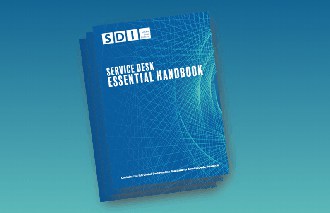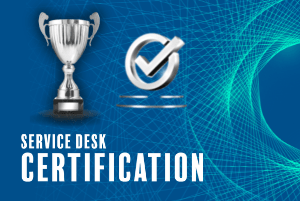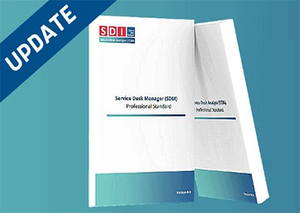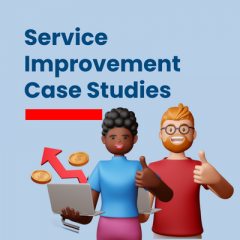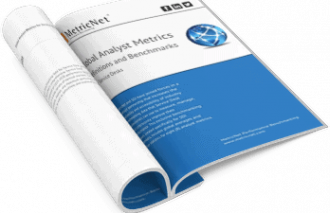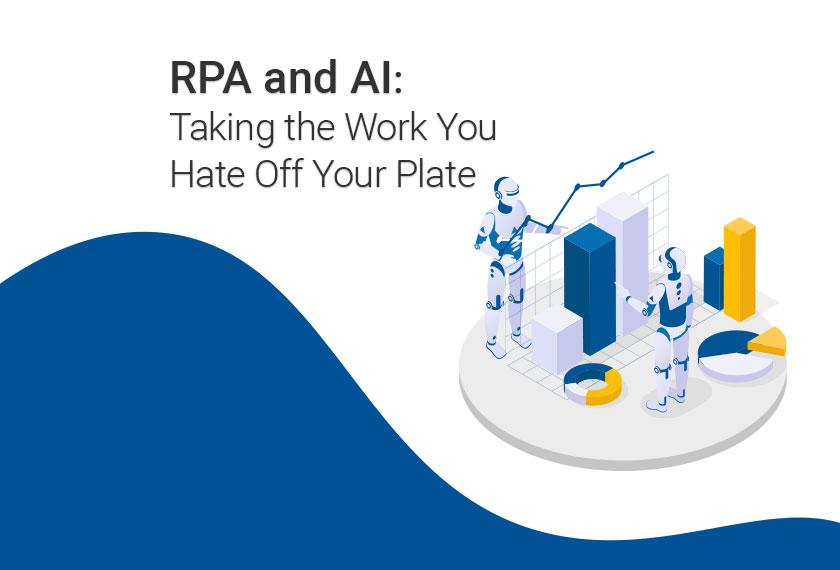
You’ve probably heard or read those stories about robots eliminating our jobs and taking control over our lives! You might even watch some movies about this! (Terminator, right?)
Well, some people still feel uncomfortable about artificial intelligence (AI) and robotic process automation (RPA). However, these technologies are here to stay! They are already transforming the way we live and work.
But what does this mean for the companies and their employees? How can they both benefit from these modern technologies?
In this blog, we have discussed the importance of leveraging RPA and AI for your business.
RPA is not AI; AI is not RPA!
While these two technologies work very well together, they are not the same in any shape or form. Robotic Process Automation (RPA) is a software technology that makes it easy to build, deploy, and manage robots that emulate human actions when interacting with digital systems and software.
RPA is used primarily at the end-user level to automate repetitive day-to-day tasks.
On the other hand, Artificial Intelligence defines the ability of technology to mimic the more complex problem-solving and decision-making capabilities of the human mind. AI can help you discover tasks and processes that you can automate, while RPA can make it happen and help you automate workflows.
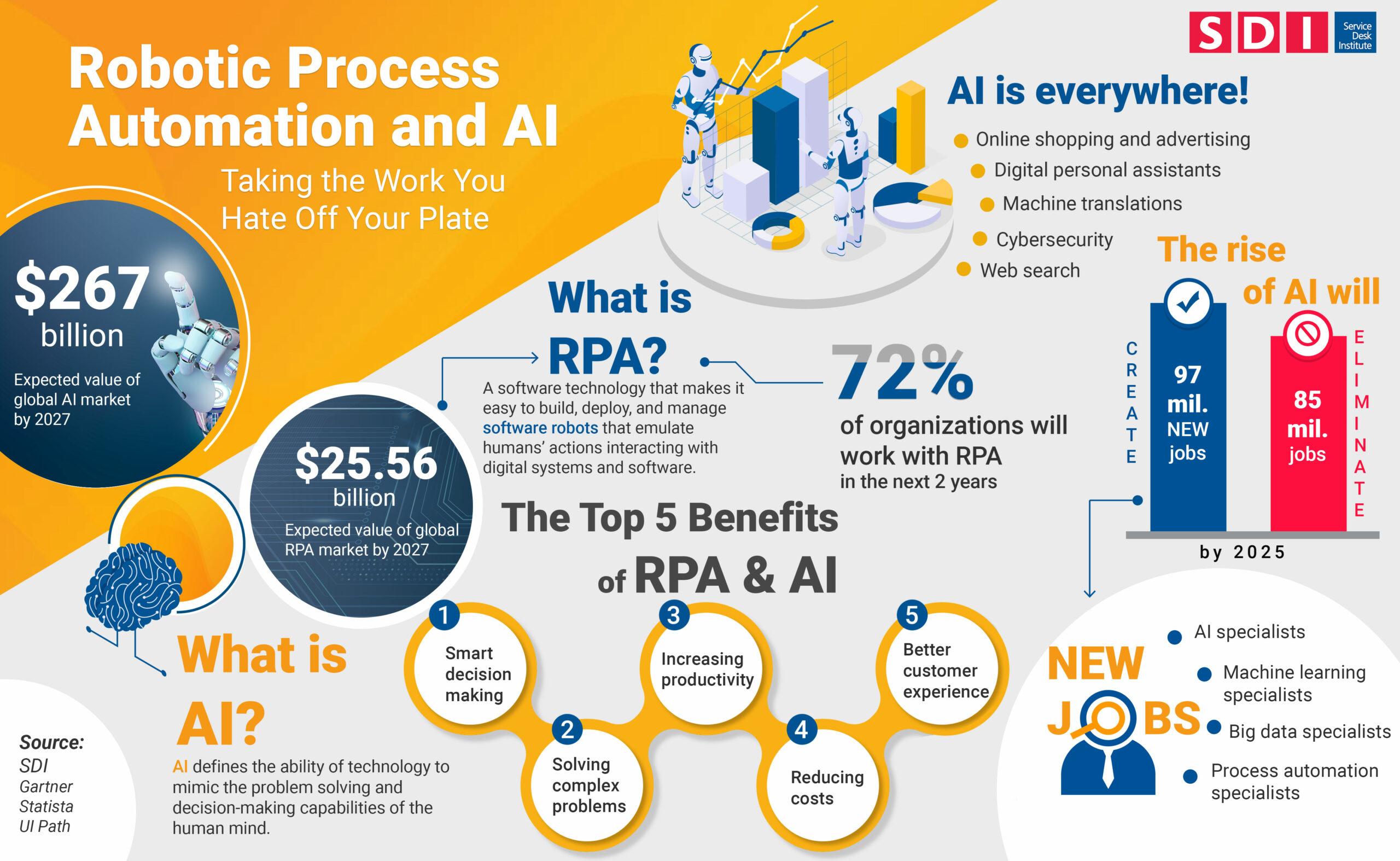
Check the full-size infographic here.
What are the benefits of RPA and AI?
RPA technology is changing the way work gets done! It can help you handle time-consuming processes that support your business.
Moreover, RPA can help you increase productivity and remove those mundane tasks that your employees ‘hate’ doing during their workdays. From copying and inserting large amounts of data, filling in forms, resetting passwords, scraping data from the web, incident or service request routing, or even logging into applications – the benefits of RPA are real.
According to Automation Anywhere research, employees spend 10%-25% of their time on repetitive computer tasks – with data entry being the most hated task. And if implemented properly, RPA can free your employees and allow them to focus on the things they do the best. They could spend more time on strategic planning and analysis and ultimately do the more valuable and rewarding work.
Some of the other benefits of RPA are:
- Cost savings
- Improving scalability and flexibility
- Advanced analytics and improving data security
- Improving customer service experience
- Improving employee satisfaction
AI can go beyond ‘execution’ to ‘thinking,’. For example, AI technology can comprehend conversations, understand documents, discover processes to automate, process language, handle unstructured data and more.
Some of the other benefits of AI are:
- Increasing productivity
- Smart decision making
- Solving complex problems
- It can be deployed across industries
- Managing repetitive tasks
The robots will take some of our jobs
There is a perception in the service desk and support industry and other industries, that the rise of automation and robotics will cause job losses. Yes, the robots are coming, and yes, they will eliminate some of our jobs. But isn’t it safe to think that they will create some too?
The answer is yes!
According to World Economic Forum, the rise of AI will eliminate 85 million jobs. However, it will create 97 million new ones by 2025. That’s an overall addition of 12 million jobs!
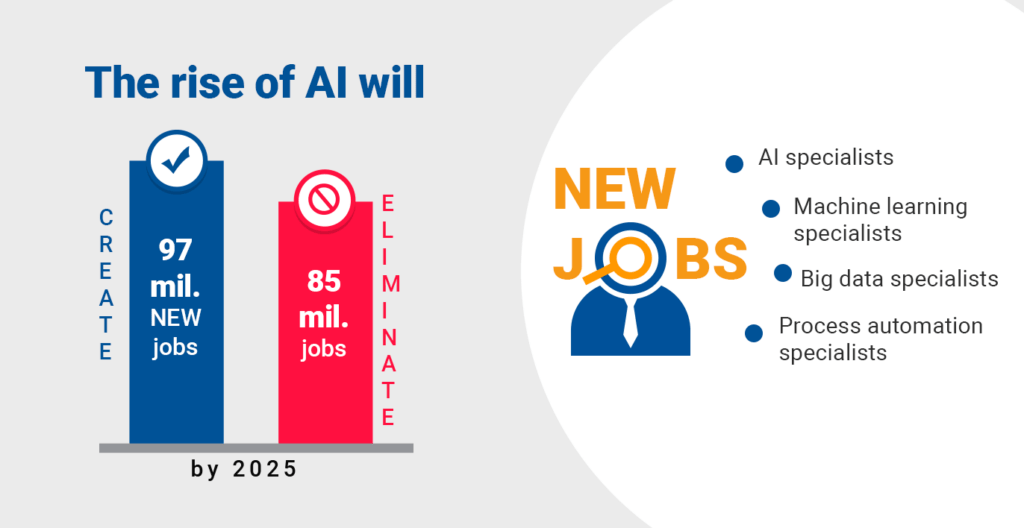
So, what are some of the new job roles?
Anything from AI and machine learning and big data specialists to process automation specialists – these modern technologies will highlight the importance and demand for a workforce with digital and analytical skills across many industries.
If you’d like to learn more about self-service, AI, RPA or how to build your capability to continue your digital transformation journey watch our virtual event on-demand.
Watch the sessions on our SDI BrightTalk channel
Written by:
Antonija Bozickovic, SDI Content Creator
